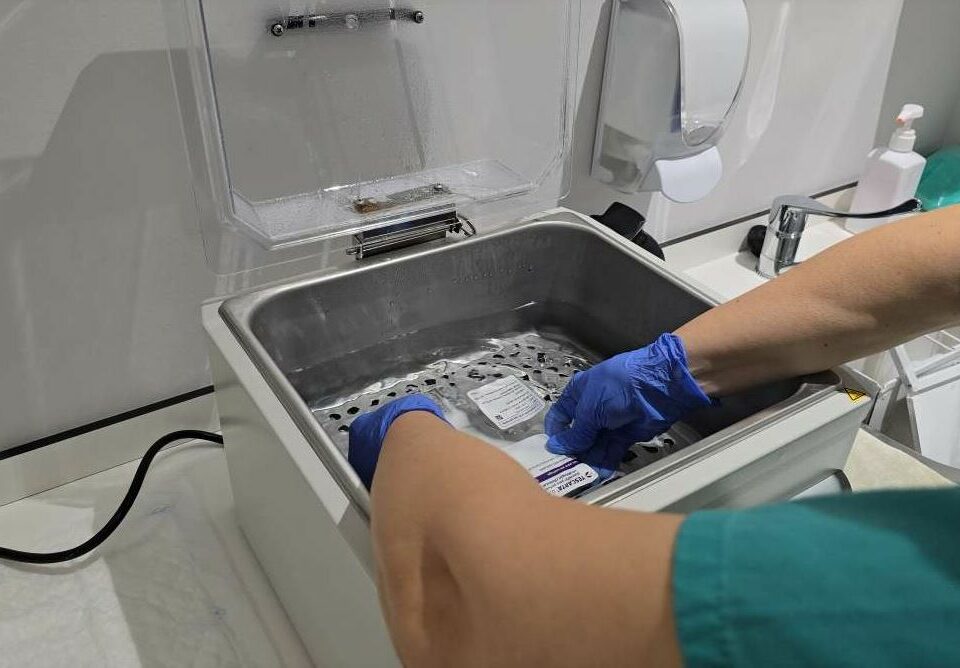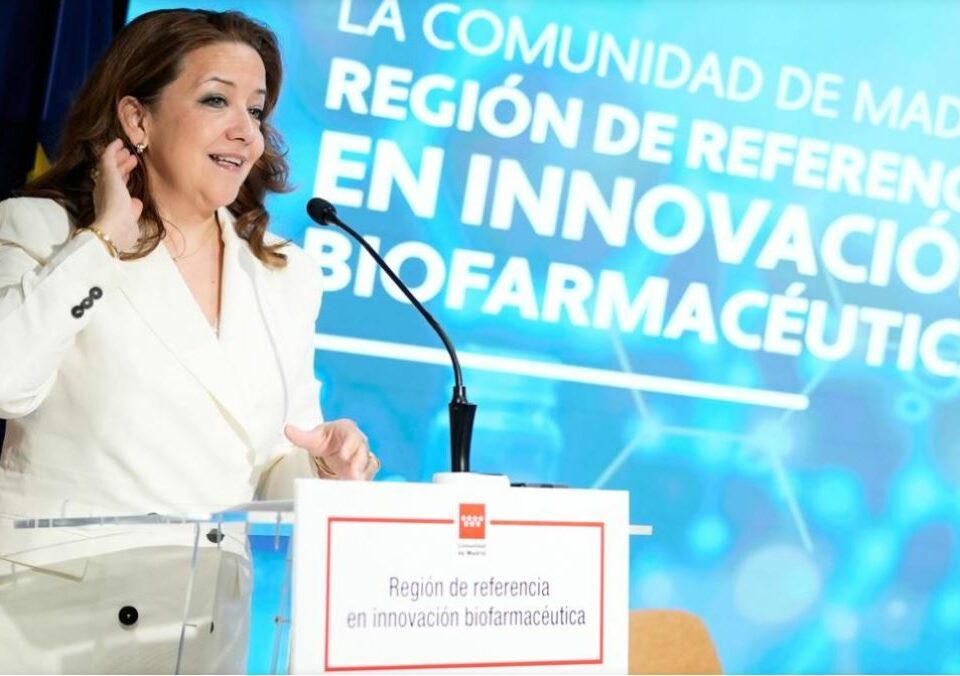Farmaindustria welcomes the announcement by the Spanish Agency for Medicines and Health Products (AEMPS) to expand the accelerated assessment of early-stage clinical trials, as this strengthens the Spanish biomedical research ecosystem.

This “fast track” is one of the sector’s strategic measures in the field of biomedical research and is included in the National Pharmaceutical Industry Strategy.
Patients will be the main beneficiaries of this measure, as they will have early access to the medicines of the future.
‘In a context of high competitiveness at global and European level, this new procedure helps companies in the work they do and transfer to their international teams to strengthen our biomedical research ecosystem,’ says Martín Uranga.

farmaindustria.es
The Spanish Agency for Medicines and Health Products (Aemps) has announced that it is extending its accelerated assessment procedure for early-stage clinical trials. This accelerated assessment will apply to all national phase I trials in oncology and rare diseases investigating a biological medicine. ‘Sponsors must submit their application through the Clinical Trial Information System (CTIS) in Spain only. These applications will be validated expeditiously and evaluated within 26 days instead of the usual 45 days,’ explains the AEMPS in its statement.
Following this commitment by the regulatory agency, which aims to ‘continue making Spain an increasingly attractive and competitive place for drug research,’ Farmaindustria and the innovative pharmaceutical industry based in our country wish to express their satisfaction with the news, as this accelerated approval of clinical trials is one of the sector’s strategic lines in biomedical research.
“This is great news for patients in Spain, because what are known as phase I and phase II clinical trials are those that require the highest level of scientific complexity and, in turn, enable early access to new therapies for patients. Fortunately, in our country there are more than 40 early-phase units in twelve autonomous regions, which, with a high scientific and technical quality in the activities they carry out, generate new scientific knowledge and place professionals at the forefront of research,” says Amelia Martín Uranga, Director of Clinical and Translational Research at Farmaindustria.
With this announcement, the Aemps is also responding to one of the key points set out by the Government in its 2024-2028 Pharmaceutical Industry Strategy, which expressly states that ‘the higher proportion of early-phase trials in our country indicates a greater appreciation of the Spanish ecosystem by trial sponsors’.
Underpinning Spain’s leadership in clinical trials
“Spain currently has a competitive advantage over other countries in underpinning its leadership in clinical trials. Even so, there are challenges and areas for improvement in the development of new medicines, such as networked clinical trials, the promotion of research in primary care, the secondary use of data and greater patient participation. Without a doubt, the accelerated approval of early-stage clinical trials is a major boost for research in our country and an incentive for pharmaceutical companies to start clinical trials in Spain,” says Martín Uranga.
‘In a context of high competitiveness at global and European level, in which some countries such as Germany and the United Kingdom are already implementing measures to attract clinical trials to their countries,’ he adds, ‘this new procedure also helps in the work that companies carry out and transfer to their international teams to strengthen our biomedical research ecosystem.’
Martín Uranga also points out that any action aimed at simplifying and streamlining clinical trials, in line with the Draghi Report, “will contribute decisively to strengthening and retaining our country’s position in biomedical research, while helping to consolidate a system based on genuine public-private collaboration between the regulatory agency, pharmaceutical companies, healthcare professionals and patients.”
Last December, for the first time in its history, the Aemps approved a fast track for a single-country phase I trial of a vaccine in Spain. This fast track will now apply to trials of biological medicines for cancer and rare diseases, which account for a large percentage of the studies currently underway.
Today, more than 50% of clinical trials promoted by the pharmaceutical industry in Spain correspond to the early stages of research. These types of trials have increased by almost 25% since 2004 in our country, but we must continue to improve these figures for the benefit of patients, because they represent hope for many of them who have no therapeutic alternative, while also meaning that they can be treated with the drugs of the future, if they are finally authorised years later.





